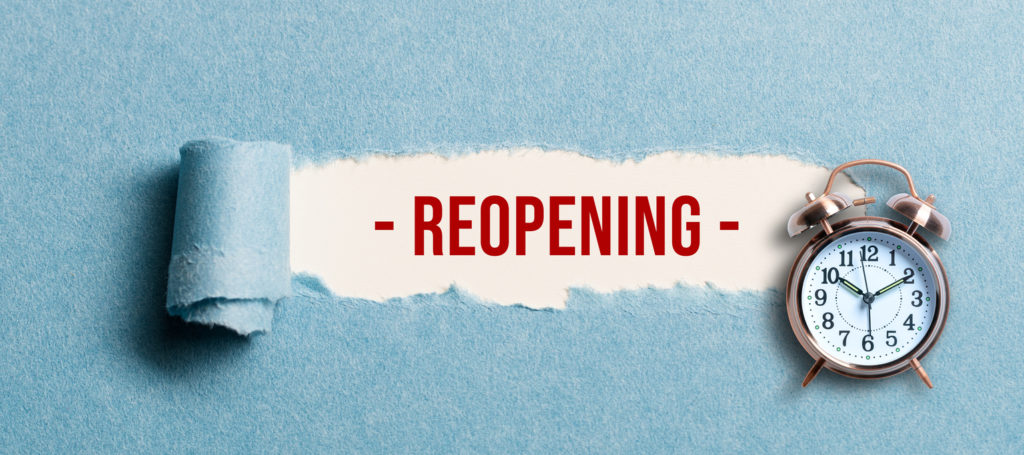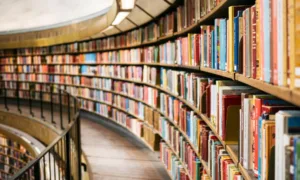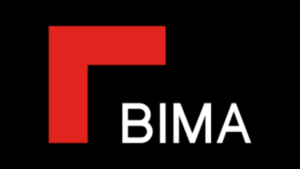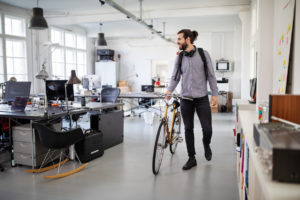By Dan Plant, Executive Head of Strategy, Starcom
“I’m taking so many more notes than I ever used to do, if I don’t, I don’t remember anything anymore!”
Is that a sentence you’ve heard recently? Is that something you can relate to? If so, it would appear that you’re not alone.
A brief anecdote for context. One of my extra-curricular activities is being part of the office choir that is run by a group called Music in Offices. Our musical director for the choir runs about nine choirs a week and the quote above was actually from her. Since rehearsals moved into a virtual space, she can no longer remember what has been rehearsed with her different groups. She explained that previously each rehearsal came with a full set of different memories. A different journey to a different office space, a different room, a different group of people wearing different clothes. There was a full narrative around a rehearsal and remembering what had happened in each was easy.
Now, all of those rehearsals look almost identical on Zoom, with twenty small faces in twenty small boxes, singing on mute as they learn the songs. There was no difference in environment for the different rehearsals, hence her reliance on notes to remember what had been learned.
This is just one example of a phenomenon that has been noticed everywhere in lockdown. We are all getting more forgetful and even those of us with the best, most detailed memories are struggling to make new memories at all as too much of our daily experiences look exactly like the days before and after.
This is by no means an isolated case. Recent studies suggest that a third of people agreed to feeling more forgetful in 2020 and over half of us are misplacing belongings at least twice a week.
At the extreme end of the spectrum, the Alzheimer’s Association research showed that dementia patients saw a dramatic acceleration of loss of memory function during lockdown
I discussed this effect with Shazia Ginai, CEO of Neuro-Insight and she explained how this is a very natural human phenomenon: “Narratives are the key driver of what your brain chooses to store into memory, and narratives are a series of moments connected by associations within a context…”
She went on to highlight how story and memory generation has changed: “Because we are on a screen all day, the narrative is drastically limited by the monotony and limitations of our context. There are fewer new associations being built and fewer new intriguing stories to excite the brain”.
Obviously for individuals this difficulty in forming new interesting memories has a real personal effect, but as an advertising professional, I was struck by the impact of this brain fog on our ability to generate any kind of brand memories in our customers and consumers.
We’ve known for a long time that a core metric of brand building is spontaneous awareness. How easily your brand comes to mind has a direct impact on someone’s likelihood to choose that brand when making a purchase. Driving spontaneous awareness in turn is all about building contextually relevant brand memories by giving people their own personal narratives that include the brand.
But if people aren’t making many new memories of any kind because their scope for creating new narratives is so limited, then the chance that advertising alone can create those memories is pretty slim.
It becomes ever more vital that our brand communications must do so much more than just convey a message, they need to create an experience with contextual associations that grounds the brand in the story of people’s lives. We need to ensure that we are incredibly clear, not just on who is seeing our message, but how they are receiving it.
There is some really good news however.
Life is about to change for everybody, again. As lockdown restrictions start to lift in the coming weeks, we are all going to have new experiences for the first time, and even things we’ve done thousands of time will feel new and exciting. The memories that we all create in the coming months could be some of the most vivid and vibrant and long lasting of any we might make in our lives.
Getting vaccinated, meeting up with our friends for the first time; meeting completely new people in person for the first time, going to live events, going on holiday, the richness of the narrative will be so compelling that I truly believe this next year will be unforgettable for all the right reasons.
And Twitter seems to agree. In the “Twitter Guide to Summer” we see that as lockdown started to ease, there was a 61% growth in tweets around positivity and Summer:
The mundane can become “spectacular” if it is done for the first time,
And people will be looking for completely new ways to celebrate their newfound freedom. Duncan Pullar, Chief Executive of the British Alpaca Society, highlighted the success of their Alpaca walking initiative, “They’re all raring to go and have plenty of people lined up. Some are booked two or three months ahead.”
This is a once in a generation opportunity for brands. Empathetic brands that facilitate, create, or even just help celebrate those memorable moments will be the brands that become a part of our own personal story for years to come.
It has been a really tough year for brand building, but the opportunity for change is huge this year. Make sure you don’t miss out.









